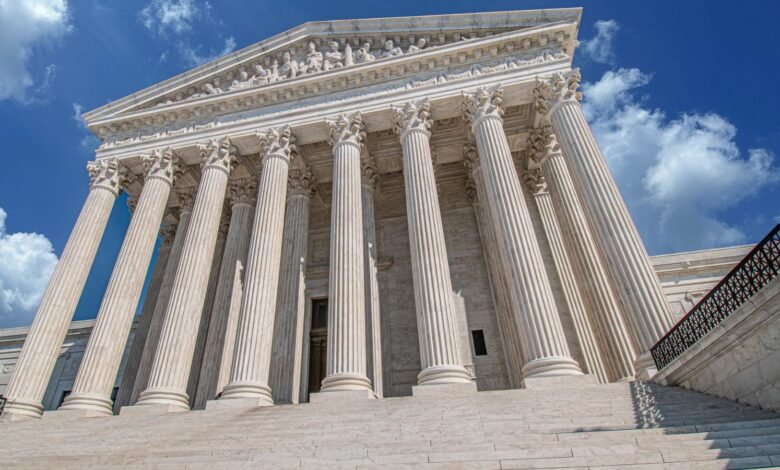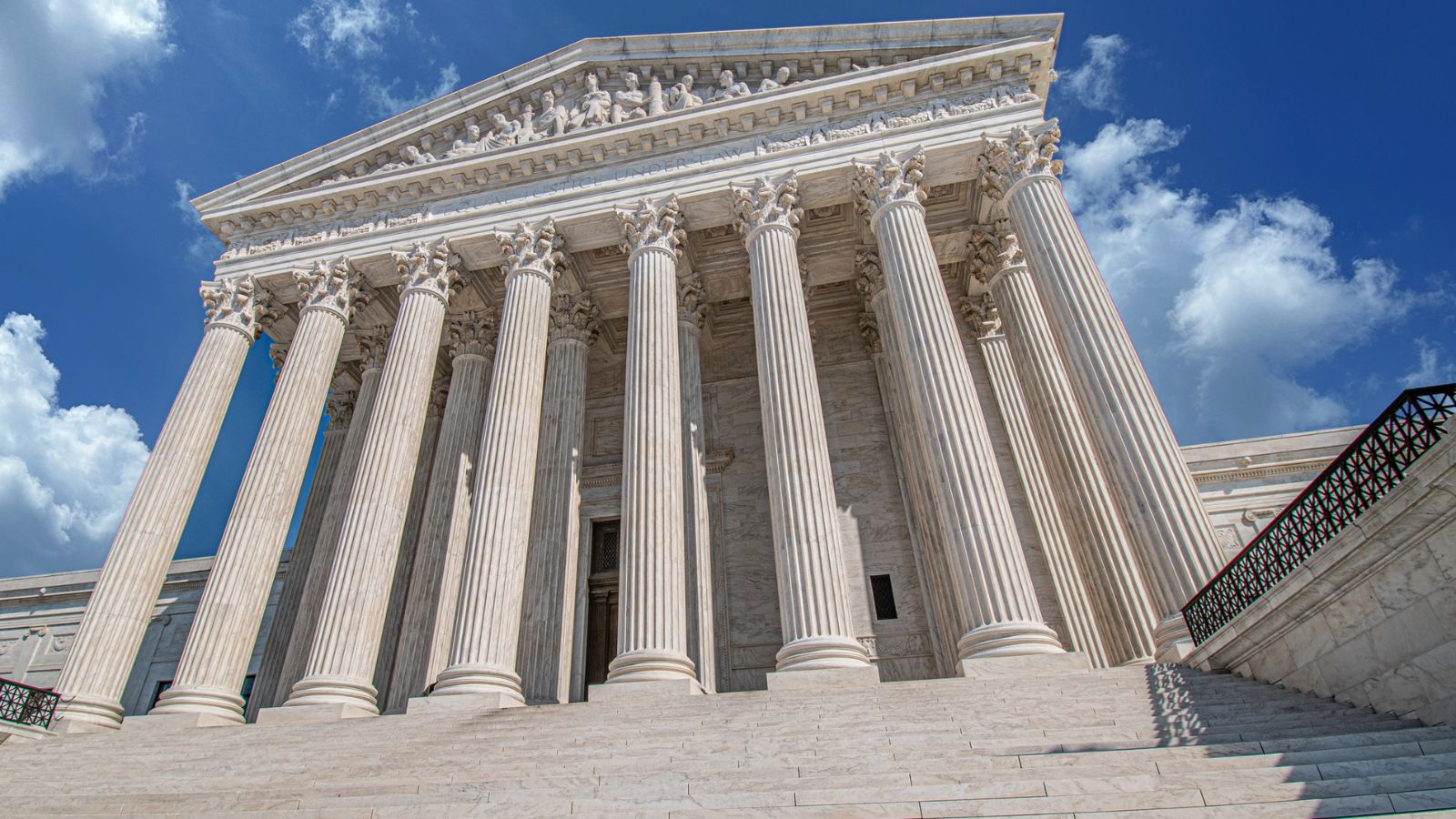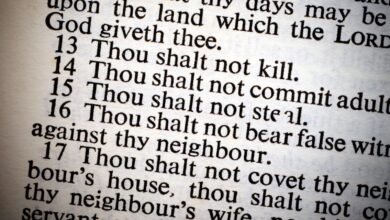Supreme Court Ruling on LGBTQ Stories in Schools: Teacher Perspective


On June 27, 2025, the U.S. Supreme Court issued a 6-3 ruling allowing parents in Maryland—and potentially nationwide—to request opt-outs from LGBTQ stories or lessons in schools featuring LGBTQ stories, themes, and content. The decision came in response to a lawsuit brought by religious parents who objected to LGBTQ-themed books being read in pre-K through 5th grade classrooms.
The books at the center of the case included titles such as Pride Puppy!, Love, Violet, Born Ready, and Uncle Bobby’s Wedding. In his majority opinion, Justice Samuel Alito ruled that parents have a constitutional right to shield their children from such lessons on religious grounds. The ruling affirms that parents can exclude their children from school content they find morally objectionable, even when it is part of the approved curriculum.
What opt-outs from LGBTQ stories mean for teachers and schools
For educators, the new ruling on LGBTQ story opt-outs introduces additional challenges to already complex classroom dynamics. Teachers must now navigate parental requests to exempt students from lessons on gender and sexuality, a task complicated by the decision’s broad language. Legal experts caution that this precedent could lead to objections against other topics. These include evolution, social-emotional learning, cultural diversity, and more.
Justice Sonia Sotomayor, joined by Justices Elena Kagan and Ketanji Brown Jackson, warned this ruling risks harming public education’s inclusive, multicultural mission. She argued shielding students from ideas conflicting with their parents’ beliefs threatens civic vitality and public schools’ purpose.
A growing trend of religious freedom claims in schools
This decision continues a recent trend of court rulings broadening religious freedom claims within public education settings. Courts have ruled for a web designer refusing to create same-sex wedding sites and a coach praying on the field. The high court’s conservative justices upheld Tennessee’s ban on gender-affirming care for transgender minors just last week. Opt-outs from LGBTQ stories reflect a larger cultural and legal struggle over religion, sexuality, and identity in schools.
Related: 38% of Teachers I Talked To Said They Were Led in Prayer at Work. Here’s Why That’s a Problem.
What the experts say
Dr. Jonathan Becker, a professor of educational leadership and expert in school law, notes that Mahmoud v. Taylor has far-reaching implications for public schools. While the case centered on LGBTQ-themed books, its impact extends to any curriculum element or any school function a parent claims burdens their religious beliefs. “This isn’t just about book bans,” Becker explains. “It’s about any aspect of schooling a parent might want to opt their child out of—on religious grounds.” He adds that while the court’s logic in Mahmoud v. Taylor opens the door for broad opt-outs, it simultaneously undermines laws like Louisiana’s Ten Commandments mandate, which non-Christian students can’t avoid. Most urgently, Becker emphasizes the everyday burden now placed on teachers, who will be forced to manage unpredictable, ad hoc opt-out requests while maintaining inclusive classrooms.
The road ahead for teachers
The case highlights the tension between honoring parental rights and ensuring an equitable education for every student. The debate centers on several key questions. Should all students feel acknowledged and respected in school environments? Should children only be exposed to ideas their parents agree with? What is the role of education?
Critics of the decision, including many educators, say decisions like this signal to LGBTQ+ students that their identities are too controversial for classrooms. Such actions raise concerns about the alignment between the law and the realities of students’ lives.
For more articles like this, be sure to subscribe to our newsletters to find out when they’re posted.
Source link




